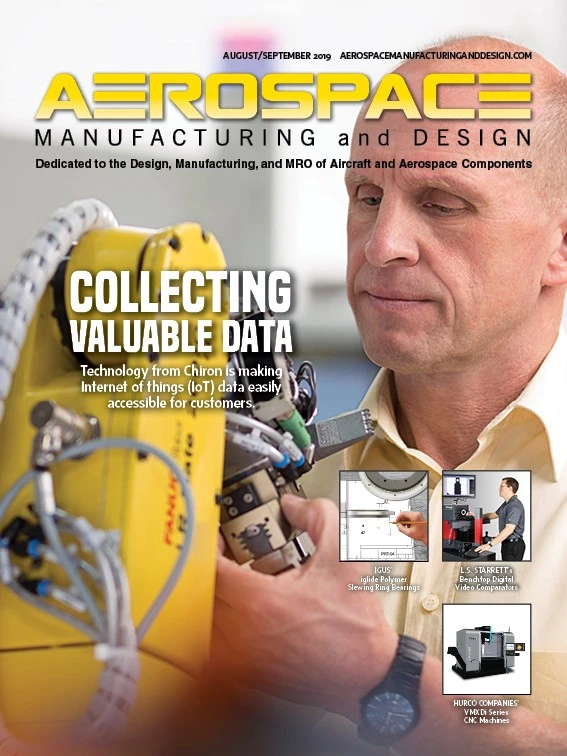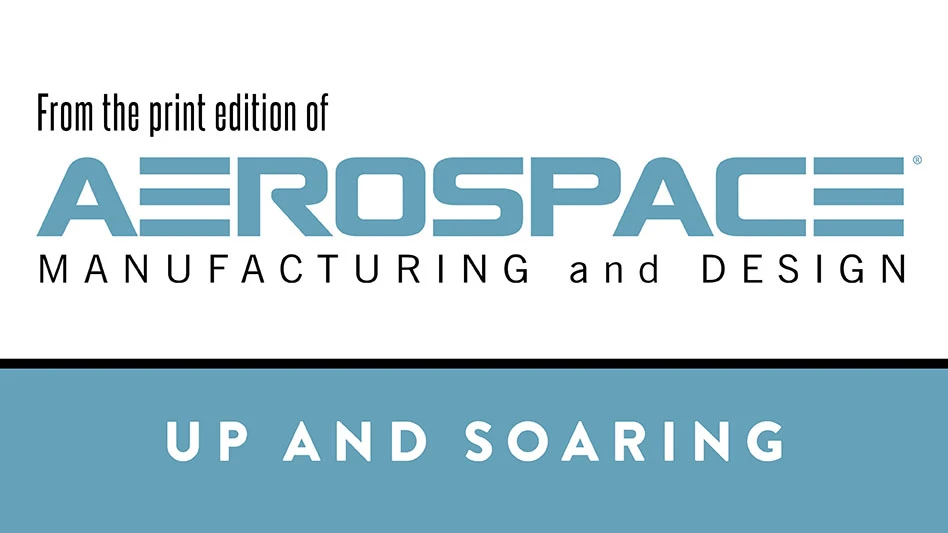
At the Paris Air Show, chief technology officers (CTOs) of seven aerospace manufacturers committed to improve aviation sustainability and protect the planet.
Aviation contributes to 2% of human- made carbon dioxide (CO2) emissions, which the industry has challenged itself to reduce while demand for air travel and transport grows. Through the Air Transport Action Group (ATAG), the aviation industry targets reducing CO2 emissions to half of year 2005 levels by 2050, and limiting the growth of net CO2 emissions by 2020.
“We are on track to meet those near-term commitments, including the 2019 implementation of the Carbon Offsetting and Reduction Scheme for International Aviation (CORSIA) program as agreed upon by the nations of the International Civil Aviation Organization (ICAO),” according to the statement.
The CTOs outlined three major targets:
- Develop aircraft, engine technology to improve fuel efficiency, reduce CO2 emissions
- Support commercialization of sustainable, alternate aviation fuels
- Develop new aircraft designs, propulsion technologies using advanced digitization, artificial intelligence, materials, manufacturing
During the last 40 years, investments in materials, aerodynamic efficiency, digital design and manufacturing methods, turbomachinery developments, and aircraft systems optimization have reduced CO2 emissions by a yearly average of more than 1% per passenger mile.
Global agreements reached through ICAO call for a fuel-efficiency performance standard to be part of every aircraft certification process.
The CTOs expect aviation to continue relying on liquid fuels for large, long-range aircraft for the foreseeable future, so sustainable aviation fuels (SAFs) that use recycled carbon are essential. The initiative calls for an expansion of government support for reusable fuel technology development, production facility investment, and fuel production incentives globally.
The joint statement was issued by technology leaders Grazia Vittadini (Airbus), Greg Hyslop (Boeing), Bruno Stoufflet (Dassault Aviation), Paul Stein (Rolls-Royce), Stéphane Cueille (Safran), Paul Eremenko (United Technologies Corp.), and Eric Ducharme (GE Aviation).

Rolls-Royce to buy Siemens’ electric aerospace propulsion business
Aero-engine manufacturer Rolls-Royce plans to acquire the electric and hybrid- electric aerospace propulsion activities of Siemens’ eAircraft business. The acquisition is expected to be completed in late 2019.
The eAircraft business, based in Germany and Hungary, employs about 180 specialist electrical designers and engineers who develop various all-electric and hybrid electric aerospace propulsion solutions. The eAircraft and Rolls-Royce teams already collaborated on Airbus’ E-Fan X demonstrator project to demonstrate hybrid electric propulsion for regional aircraft.
“Electrification is set to have as dramatic an impact on aviation as the replacement of piston engines by gas turbines. We are at the dawn of the third era of aviation, which will bring a new class of quieter and cleaner air transport to the skies,” says Rob Watson, director of Rolls-Royce Electrical.
“We believe that pure electric, or all- electric propulsion will power smaller aircraft in the foreseeable future, while larger aircraft will rely upon hybrid electric solutions that combine electrification with evolutions of the gas turbine,” adds Rolls-Royce chief technology officer Paul Stein.

Explore the August September 2019 Issue
Check out more from this issue and find your next story to read.
Latest from Aerospace Manufacturing and Design
- America Makes announces QTIME project call
- Innovation meets precision for 40% faster machining
- Upcoming webinar: Pro tips from a supply chain strategist
- Heart Aerospace relocates to Los Angeles
- Fixtureworks introduces Stablelock Clamps
- Piasecki acquires Kaman's KARGO UAV program
- PI Americas’ long-travel XY piezo nanopositioners-scanners
- AAMI project call submission deadline extended to May 12





